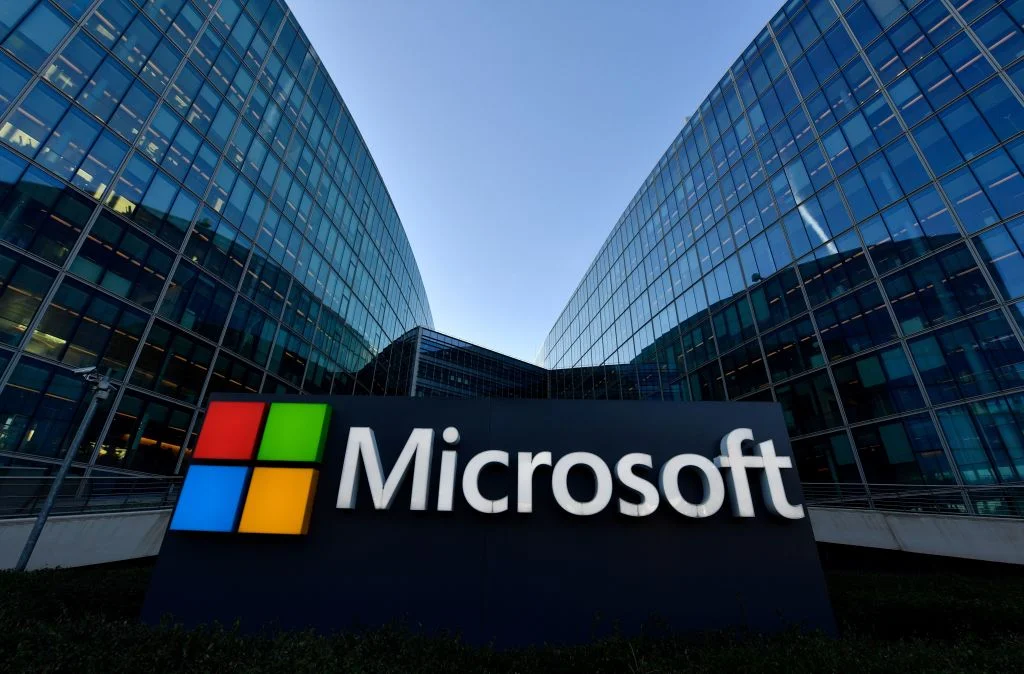Microsoft’s Q1 earnings report on Wednesday delivered better-than-expected results, with cloud services and AI-related advancements propelling the company’s growth. Shares rose approximately 2% in after-hours trading following the announcement, highlighting investor optimism around Microsoft’s cloud and AI performance amid rising competition in the sector.
Financial Results Surpass Expectations
For the quarter, Microsoft reported earnings per share (EPS) of $3.30 on revenue of $65.6 billion, outpacing analyst expectations of $3.10 EPS and $64.5 billion in revenue. This marks a significant rise from last year’s Q1 earnings of $2.99 EPS on $56.5 billion in revenue. Notably, Microsoft’s commercial cloud revenue rose to $38.9 billion, exceeding forecasts of $38.1 billion.
The Intelligent Cloud segment, which includes Microsoft Azure, saw revenue reach $24.1 billion, reflecting a 20% year-over-year increase. Microsoft attributed 12 percentage points of this growth to its AI services within Azure, underscoring the pivotal role of AI-driven demand in the company’s cloud strategy.
AI Transformation Fuels Expansion
As one of the largest beneficiaries of the AI boom, Microsoft continues to see robust gains from its extensive investments in AI and cloud infrastructure, particularly through its partnership with ChatGPT creator OpenAI. In a statement, CEO Satya Nadella emphasized AI’s broad impact across “every role, function, and business process,” adding that Microsoft is “expanding our opportunity and winning new customers” by helping them leverage AI for growth and operational efficiency.
Broader Growth in Key Segments
In addition to its Intelligent Cloud division, Microsoft’s Productivity and Business Processes segment saw revenue grow 12% year over year to $28.3 billion, driven by strong performance in Microsoft 365 sales. Microsoft’s More Personal Computing business, which includes its Windows and PC hardware segments, also posted notable growth, with revenue up 17% to $13.2 billion. The segment benefits from the introduction of Copilot+ PCs — AI-enabled laptops designed to leverage on-device AI processes, which Microsoft hopes will capture the growing demand for AI-integrated hardware.
Outlook and Competitive Landscape
While Microsoft’s stock has climbed 28% in the past year, it lags behind the S&P 500 and some major competitors like Alphabet, which is up 42%, and Amazon, with a 49% increase. These tech giants, alongside Salesforce, are ramping up competition with their own AI and cloud advancements.
Looking forward, Microsoft’s Q1 results highlight its strategic focus on AI and cloud solutions, positioning it to maintain its market share amid intensifying industry competition. As the AI boom continues to reshape the tech landscape, Microsoft’s emphasis on leveraging its AI platforms for customer growth and operational efficiency may prove to be a driving force for its future performance.





